
Nigeria has fallen to 100th place in the 2024 Digital Quality of Life (DQL) Index by cybersecurity firm Surfshark. This decline is notable, considering the country ranked 86th in 2022 and 88th in 2023. Nigeria is now 14th out of 25 countries in Africa, trailing behind South Africa at 66th and Kenya at 89th globally.
The DQL Index evaluates five pillars of digital well-being: internet affordability, internet quality, electronic infrastructure, electronic security, and electronic government.
Nigeria’s internet affordability remains poor. Mobile internet costs the average citizen over two hours of work to afford a stable connection. The country ranked 100th in this category, down from 99th last year.
Internet quality reportedly improved. Mobile internet speed rose from 46.99 Mbps in 2023 to 77.65 Mbps in 2024. This improvement moved Nigeria to 60th place from 67th. However, internet usage has dropped sharply. Only 35 per cent of the population uses the internet, down from 73 per cent in 2023. This decline places Nigeria 109th in this category.
Cybersecurity rankings also worsened slightly. Nigeria slipped to 65th from 64th last year. In e-government, which measures the digitisation of public services, Nigeria ranked 94th, dropping from 91st in 2023.
The report reflects ongoing challenges in Nigeria’s digital advancement: affordability and infrastructure issues. Adding to the burden, the Nigerian Communications Commission (NCC) recently approved a 50 per cent hike in telecom tariffs. This comes when Nigerians are already grappling with rising living costs.
Nigeria’s economy has faced significant challenges in the past year under President Bola Tinubu’s leadership. Key economic reforms have led to increased hardship for many Nigerians. One major change was the removal of fuel subsidies. This policy caused petrol prices to quadruple overnight, leading to higher transportation and living costs. The sudden implementation left many unprepared for the economic shock.
Additionally, Nigeria’s naira has lost about 60 per cent of its value following persistent devaluations in 2025. This devaluation has significantly increased the cost of imported goods, further straining household budgets. Inflation has also surged, reaching levels not seen in decades. The high cost of living has forced many Nigerians to cut back on essential expenses, including food and healthcare. The notable drop in Nigeria’s DQL ranking is not a surprise.
Read More:
- Niger Announces Creation of National Airline and CSS Carrier After Withdrawal from ECOWAS
- Mali Secures $100 Million to Improve Access to Drinking Water
About The Author
Related Articles
Malian Prime Minister Presents 2025 Government Report, Pledges Stability and Reform
Mali’s Prime Minister, Major General Abdoulaye Maïga, has presented the government’s 2025...
ByWest Africa WeeklyMarch 2, 2026AES Ministers Conclude Roadmap Talks in Ouagadougou, Strengthen Security Coordination
Ministers of the Confederation of Sahel States have concluded high level discussions...
ByWest Africa WeeklyMarch 2, 2026Investigation Links Western Funding Networks and NGOs to African Conflict, Terror Financing, and Organised Crime
A transcontinental investigation has exposed an alleged web of Western-funded organisations and...
ByWest Africa WeeklyMarch 2, 2026Tinubu Approves Additional Endless Federal Road Projects While Old Projects Crawl at Snail’s Pace
President Bola Tinubu has approved a fresh round of federal road projects,...
ByWest Africa WeeklyMarch 2, 2026



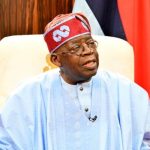

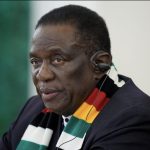
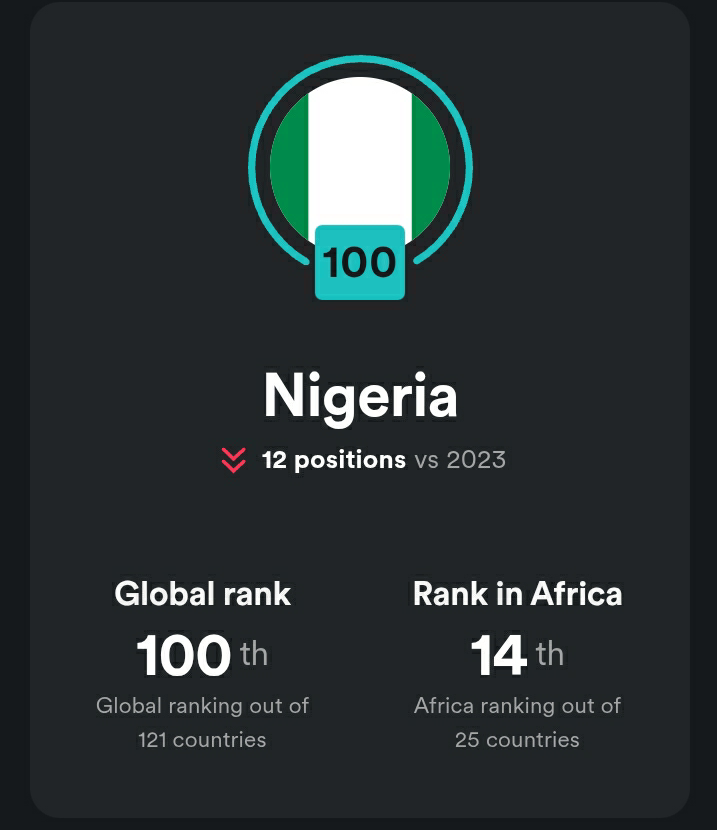

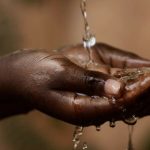
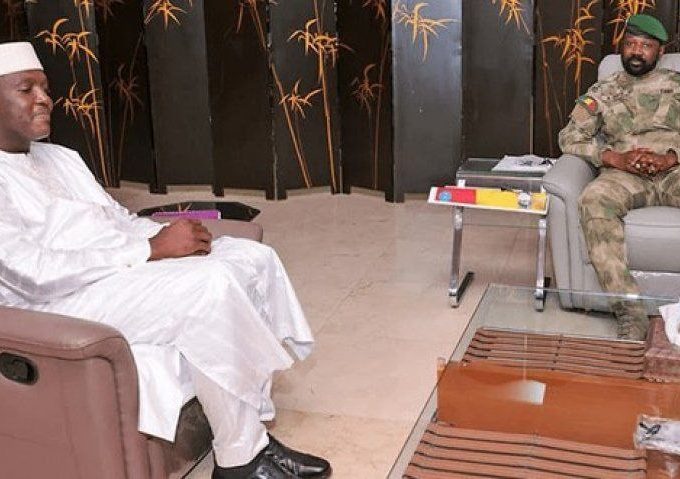
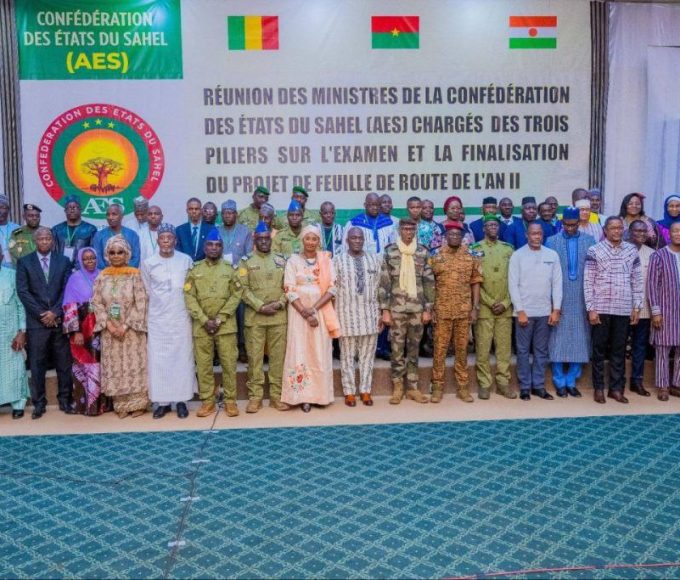
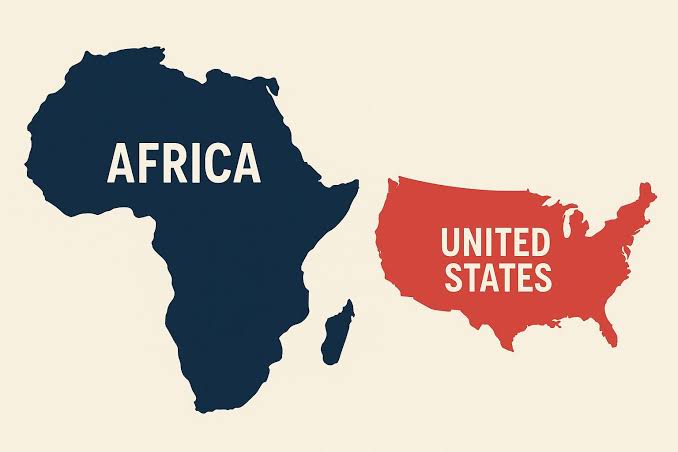
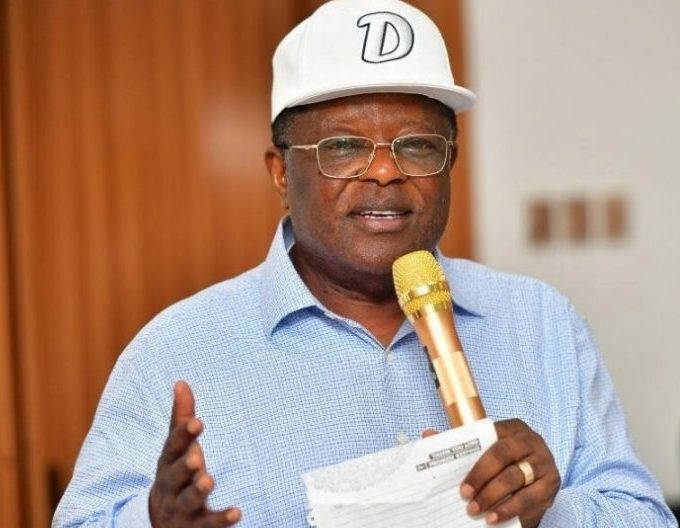
Leave a comment